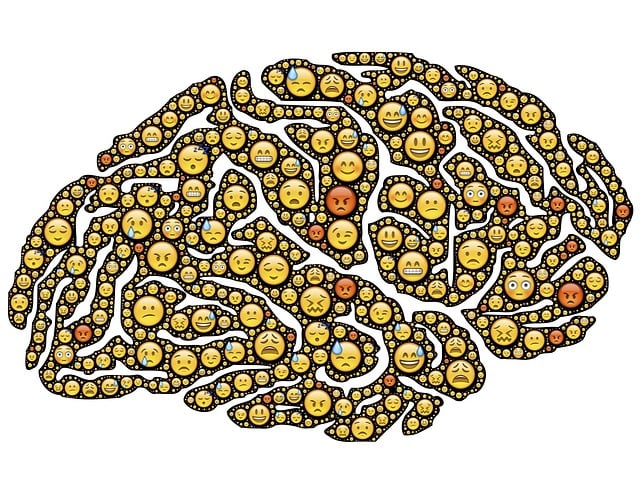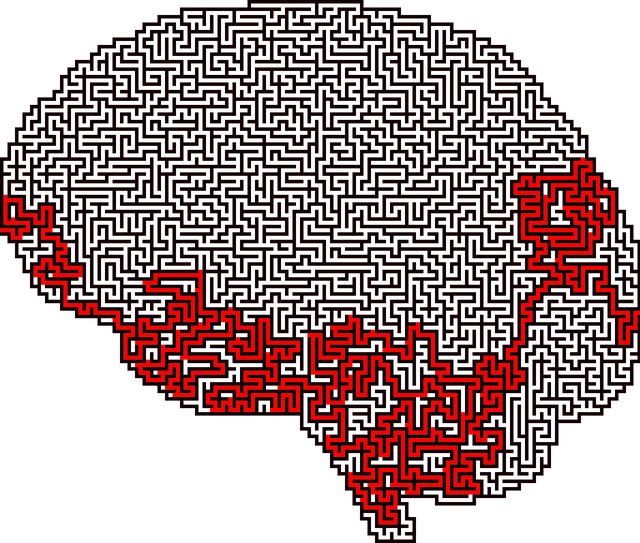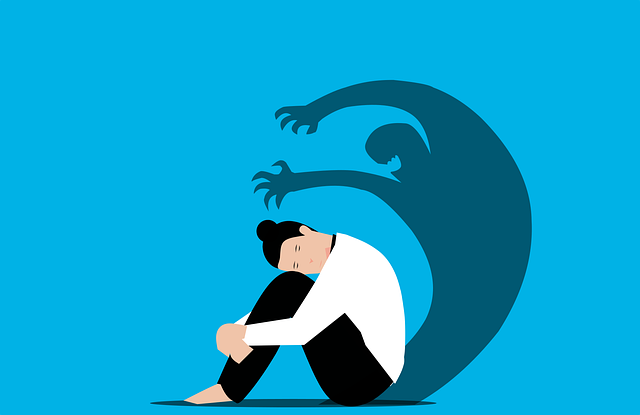Mental wellness journaling is a powerful tool for personal therapy, offering a structured outlet for expressing thoughts, feelings, and experiences. Effective for conditions like anxiety, depression, and Lafayette Obsessive Compulsive Disorder (OCD) Therapy, it enhances self-awareness, emotional regulation, and coping mechanisms. Setting up a dedicated journaling space at home, using effective writing techniques, and regularly tracking progress can significantly improve mental health and overall well-being. Public awareness normalizes journaling as a valuable OCD therapy tool, making it easier for individuals to access this powerful method.
“Unwind your mind and embark on a journey of self-discovery through the power of mental wellness journaling. This therapeutic practice, often touted as an effective tool for managing Lafayette Obsessive Compulsive Disorder (OCD), offers a safe haven to process emotions and gain profound insights.
In this comprehensive guide, we’ll explore various aspects of journaling, from understanding its benefits to setting up a supportive space and employing writing techniques for emotional release. Learn how to track your progress, celebrate victories, and turn journaling into a personalized roadmap towards improved mental wellness.”
- Understanding Mental Wellness Journaling: A Personal Therapy Tool
- The Role of Lafayette Obsessive Compulsive Disorder (OCD) in Journaling
- Setting Up Your Journal: Creating a Safe and Supportive Space
- Effective Writing Techniques for Emotional Release and Reflection
- Tracking Progress and Celebrating Small Wins: Using Journaling as a Roadmap
Understanding Mental Wellness Journaling: A Personal Therapy Tool

Mental wellness journaling is a powerful personal therapy tool that has gained significant attention as an effective method for improving mental health and overall well-being. It involves writing down thoughts, feelings, and experiences in a dedicated journal to foster self-awareness and promote emotional processing. By engaging in this practice, individuals can explore their emotions, gain insights into their thought patterns, and develop strategies to manage challenges like anxiety or depression—even conditions such as Lafayette Obsessive Compulsive Disorder (OCD) Therapy.
This form of expressive therapy encourages a deeper connection with oneself, fostering compassion and self-compassion. It is an accessible and private space where individuals can reflect on their experiences, set intentions, and track progress over time. Moreover, regular journaling can enhance stress management skills, as it allows one to identify triggers and develop effective coping mechanisms. Through the integration of Compassion Cultivation Practices and other mindfulness techniques, mental wellness journaling offers a holistic approach to self-care, which has been supported by both Stress Management Workshops Organization research and Public Awareness Campaigns Development initiatives.
The Role of Lafayette Obsessive Compulsive Disorder (OCD) in Journaling

Journaling can be a powerful tool for individuals dealing with Lafayette Obsessive Compulsive Disorder (OCD). While OCD often presents as intrusive thoughts and repetitive behaviors, structured journaling practices offer an alternative outlet for managing these symptoms. Through this process, those affected by OCD can gain better emotional regulation and develop coping skills to manage their moods effectively.
Lafayette OCD therapy encourages individuals to reflect on their experiences, track triggers, and identify patterns. Journaling provides a safe space to express thoughts without judgment, allowing for increased self-awareness. By documenting daily experiences, emotions, and obsessions, individuals can better understand the connection between their thoughts and behaviors. This introspective practice empowers them to challenge negative thought cycles and develop healthier coping mechanisms, ultimately improving overall mental wellness.
Setting Up Your Journal: Creating a Safe and Supportive Space

Setting up your journal is a powerful first step on your mental wellness journey. Create a dedicated space where you can feel safe and supported to express yourself honestly. This could be a quiet corner in your home, free from distractions, where you can set aside time each day or week to write. Surround yourself with items that bring you comfort and encourage openness—a soft blanket, a favorite plant, or even photos that represent your inner strength development.
Remember, this space is yours alone, designed to facilitate self-reflection and growth. Through regular journaling practices, you’re not just documenting thoughts but also cultivating mental health education programs within yourself. Effective communication strategies emerge naturally as you learn to articulate your feelings and experiences. This process can be incredibly therapeutic, helping to alleviate symptoms of conditions like Lafayette Obsessive Compulsive Disorder (OCD) therapy by providing a safe outlet for processing emotions and challenging negative thought patterns.
Effective Writing Techniques for Emotional Release and Reflection

Effective writing techniques play a pivotal role in emotional release and reflection through mental wellness journaling. For individuals dealing with conditions like Lafayette Obsessive Compulsive Disorder (OCD), structured journaling prompts can offer a safe space to express thoughts and feelings. Encouraging uncensored writing, free from judgment, helps in processing emotions and identifying patterns. Techniques such as stream-of-consciousness writing allow for spontaneous expression, while guided prompts encourage deeper introspection by asking specific questions related to triggers, coping mechanisms, and emotional shifts.
Incorporating Emotional Well-being Promotion Techniques into journaling routines can significantly enhance mental wellness. Mental wellness coaching programs often emphasize the power of self-reflection through written narratives. By regularly documenting experiences, individuals gain valuable insights into their emotional landscapes. Moreover, public awareness campaigns development around mental health encourages open dialogue and normalizes the practice of journaling as a tool for Emotional Well-being Promotion Techniques.
Tracking Progress and Celebrating Small Wins: Using Journaling as a Roadmap

Journaling can serve as a powerful roadmap for tracking your mental wellness journey and celebrating small wins. As you reflect on your thoughts, emotions, and behaviors each day or week, patterns begin to emerge, providing valuable insights into what works best for managing your mental health. This practice is particularly beneficial for those navigating conditions like Lafayette Obsessive Compulsive Disorder (OCD) Therapy, where consistent self-awareness can help in identifying triggers and developing effective coping strategies.
By documenting both setbacks and successes, you create a tangible record of your progress. Celebrating small wins—whether it’s conquering a fear, implementing a new mood management technique, or simply recognizing positive thoughts— reinforces a sense of accomplishment and motivation. This continuous practice not only helps in identifying areas for improvement but also fosters a deeper understanding of one’s mental wellness landscape, ultimately contributing to enhanced resilience and overall well-being.
Mental wellness journaling is a powerful tool, offering individuals a safe space for emotional release and reflection. By incorporating effective writing techniques and tracking progress, it becomes an invaluable roadmap to personal growth and healing. For those dealing with conditions like Lafayette Obsessive Compulsive Disorder (OCD), this practice can be a game-changer, providing a means to navigate internal struggles and foster mental wellness. Through consistent journaling, one can unlock insights, celebrate small wins, and embark on a transformative journey towards a more balanced mind.













